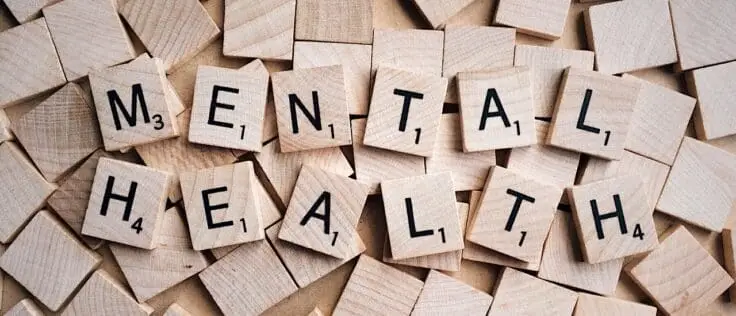A lot of people have heard of post traumatic stress disorder. They have a vague understanding of how PTSD affects an individual, but complex PTSD often flies under the radar. This is despite it being something that a lot of people suffer with. The lack of knowledge surrounding complex PTSD and the symptoms of complex PTSD probably stems from the fact that it’s a relatively new term.
Though professionals have recognised that trauma can have a long term impact on someone, there has been a lot of disagreement over whether or not complex PTSD is a separate condition, or whether it’s simply a part of the post traumatic stress disorder that many people are familiar with. So, what is complex PTSD and how does it differ from other types of PTSD?
What Causes Complex PTSD
There are a lot of traumatic events that can cause complex PTSD. This includes childhood abuse or neglect, ongoing domestic violence or abuse, repeatedly witnessing violence or abuse, torture, slavery or kidnapping. Though these traumatic events don’t always lead to complex PTSD, they do make you more likely to face the struggles of complex PTSD later in life. You are more likely to develop complex PTSD if you experienced the trauma at a young age, if the trauma lasted for a long time or if you have experienced multiple traumas.
The Symptoms of Complex PTSD
There are a variety of symptoms that are commonly seen amongst those with complex PTSD, ranging from difficulties having relationships to feeling as though no one understands what you have been through. Others include flashbacks and emotional dysregulation, which are detailed below.
- Flashbacks – Flashbacks are one of the most common symptoms of complex PTSD. These involve relieving a traumatic event, or feeling as though the event is happening again. They can be full images of what happened, feeling a physical sensation that reminds you of the event of feeling the same emotions that you experienced during that time. Flashbacks can be caused by places, people, situations, smells and sounds. They can also happen for seemingly no reason.
- Feelings of Hopelessness – If you have complex PTSD, you might find yourself feeling hopeless, empty and worthless. These feelings can be constant or sporadic, and they can have a huge impact on your self esteem.
- Emotional Dysregulation – Emotional dysregulation is another symptom of complex PTSD. It refers to difficulties in managing and regulating emotions. It is characterised by intense, unstable and unpredictable emotional responses that are sometimes out of proportion to the situation. If you experience emotional dysregulation, you might find it challenging to manage your emotional reactions, which can result in extreme mood swings.
- Physical Symptoms – The symptoms of complex PTSD are not all emotional or mental, some can present themselves physically. It’s not uncommon for complex PTSD sufferers to experience headaches, dizziness, stomach aches and chest pains.
- Dissociation – When you dissociate, you generally feel disconnected from yourself and those around you. It’s a way for your mind to cope with stress. Everyone experiences dissociation slightly differently, but it’s not uncommon to feel detached from your body or as though your surroundings aren’t real. You might experience dissociation for a few hours or days, or you might experience it for much longer.
How Does Complex PTSD Differ from Other Types of Post Traumatic Stress Disorder?
Though PTSD and complex PTSD are similar, and they share similar symptoms, there is one key difference between the two. Whereas PTSD typically arises after a single traumatic episode – such as a car accident, sexual assault or hurricane – complex PTSD is related to multiple traumatic events. This could be one traumatic event over a prolonged period of time or a series of different events.
Events such as a traumatic birth, assault, fire or burglary can cause PTSD. However, complex PTSD occurs because of repeated, sustained or multiple events. This includes bullying, physical abuse, childhood neglect, domestic violence and human trafficking. Though complex PTSD can happen to anyone, it’s more likely to happen if experienced trauma during childhood, or if the trauma was caused by a trusted figure. Conversely, PTSD can happen to anyone and at any stage of life.
Complex PTSD is a huge challenge and it’s hard to overcome, but help is out there. Don’t be afraid to ask for help if you are struggling with any form of post traumatic stress disorder.






